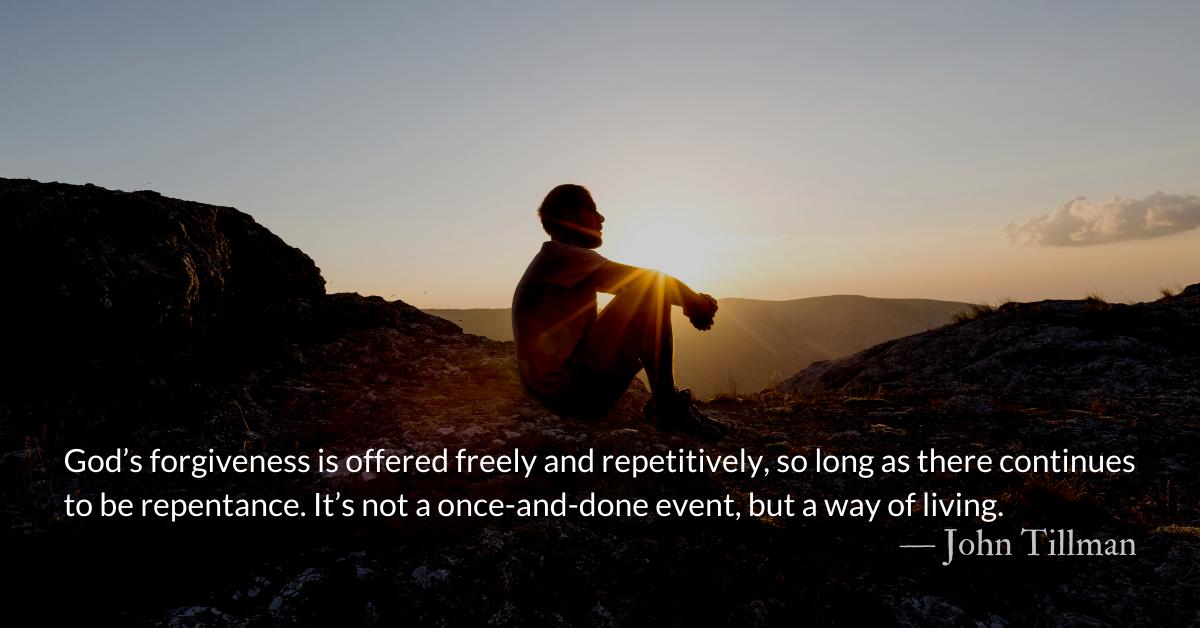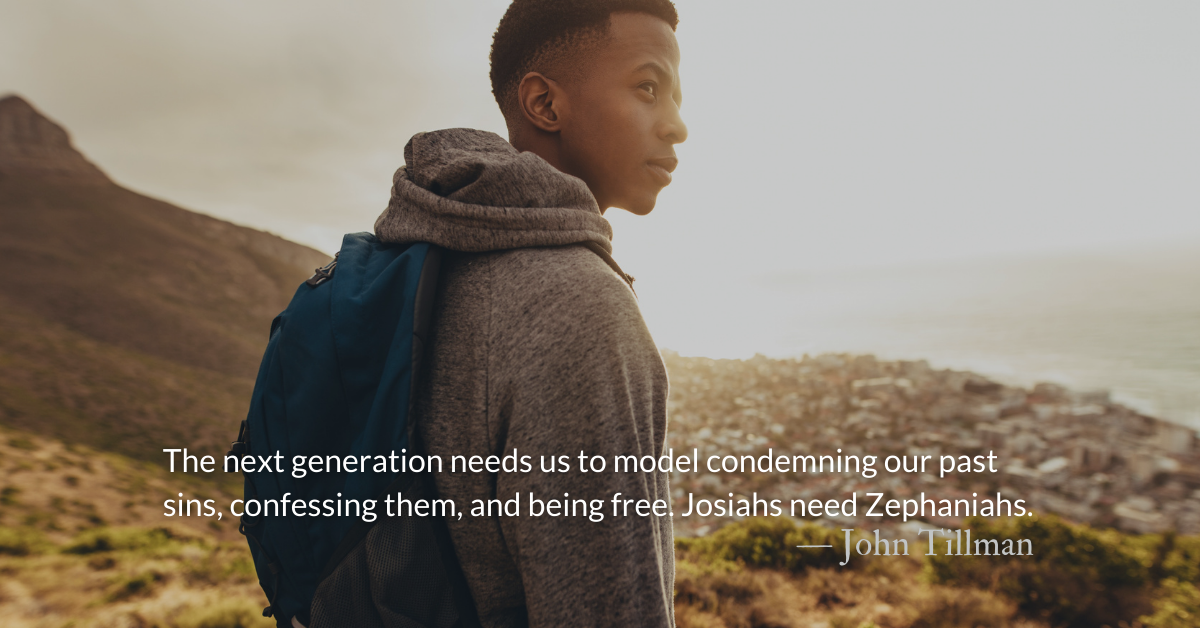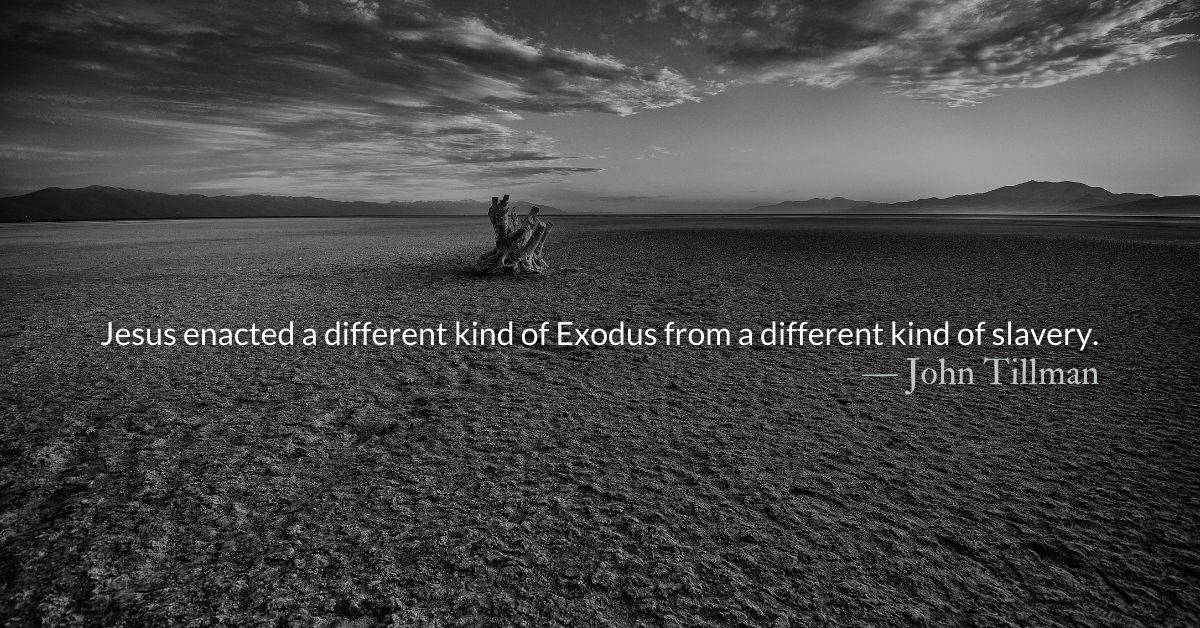Scripture Focus: Zechariah 1.12-16
12 Then the angel of the Lord said, “Lord Almighty, how long will you withhold mercy from Jerusalem and from the towns of Judah, which you have been angry with these seventy years?” 13 So the Lord spoke kind and comforting words to the angel who talked with me.
14 Then the angel who was speaking to me said, “Proclaim this word: This is what the Lord Almighty says: ‘I am very jealous for Jerusalem and Zion, 15 and I am very angry with the nations that feel secure. I was only a little angry, but they went too far with the punishment.’
16 “Therefore this is what the Lord says: ‘I will return to Jerusalem with mercy, and there my house will be rebuilt. And the measuring line will be stretched out over Jerusalem,’ declares the Lord Almighty.
Reflection: Who Stands Among Us?
By John Tillman
Zechariah records a strange nighttime vision. A man on a red horse waits among a stand of myrtle trees.
The mysterious figure of the man among the myrtles is also called “the angel of the Lord.” The angel of the Lord is a hard character to pin down in scripture.
Sometimes, as with the man among the myrtles, the angel of the Lord speaks for God, in the third person: “This is what the Lord says…” Is he just one of many angels who speak for God, like Gabriel or others?
At other times, the angel of the Lord speaks as God, in the first person: “I am the God of your father, the God of Abraham, the God of Isaac and the God of Jacob…” (Exodus 3.6) Is he a Theophany, an embodied presence of God or a Christophany, a pre-incarnate appearance of Christ?
One of the unique characteristics of this particular appearance of the angel of the Lord is that he speaks to God on behalf of humans. “Lord Almighty, how long will you withhold mercy from Jerusalem…?” (Zechariah 1.12) This rarely happens with other angels and is the strongest indicator in the text that the mysterious figure might be Jesus, our mediator, the third person of the Trinity. But it is still inconclusive.
We needn’t be too concerned that we can’t quite identify this Jesus-like figure in the myrtle trees when the disciples couldn’t identify Jesus on the Emmaus road. Just keep walking and listen…
Jesus is the perfect representation of God and the Holy Spirit is among us to show him to us. We have a more complete picture of what God is like than even prophets, like Zechariah, who saw dreams and visions of him.
To Zechariah, the man in the myrtles was a powerful and mysterious presence who announced a time of mercy and rebuilding. We too are connected to a powerful and mysterious presence. Today, mercy and rebuilding are announced not by a mysterious horseman but by the Holy Spirit who stands not among myrtles but among us. The Holy Spirit speaks as God, for God, and to God on our behalf.
Let us proclaim the message the Spirit will pass on through us. When we are in step with the Spirit, we too will announce mercy to those who seek God and rebuilding of all that sin has broken.
Divine Hours Prayer: The Small Verse
My soul thirsts for the strong, living God and all that is within me cries out to him. — Traditional (based partly on Psalm 42.2 and 103.1)
Today’s Readings
Zechariah 1 (Listen – 3:37)
Mark 14 (Listen – 8:37)
Read more about This Present Age
Teach us, Holy Spirit, that in this age and in this space, you have placed us and called us.
Read more about Resurrecting Goodness
We transition from Christ who walked around in a body like ours…to Christ whose Spirit walks around in our bodies prompting us to do good in our world right now.











